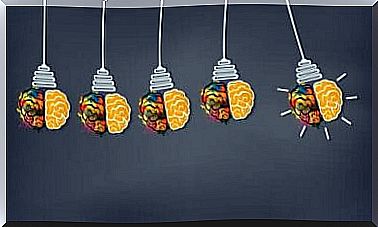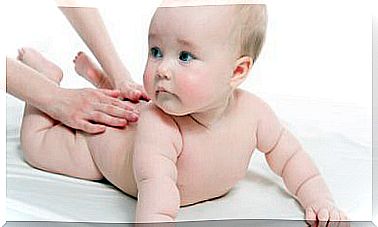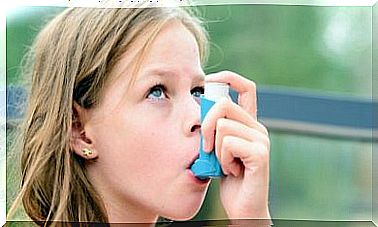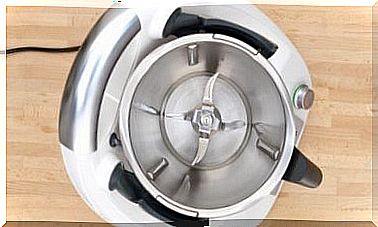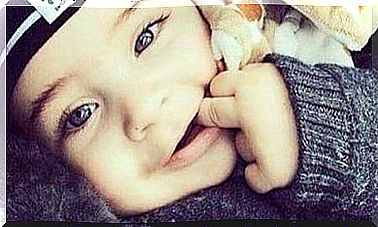Breastfeeding And Medicines: Debunking Myths

For many mothers, breastfeeding and medication are two words that could not be linked at all. No doubt, ideally, during this long period, we should be in excellent health and have no illnesses.
But unfortunately, not everything is perfect. What we want you to know is that there are many myths regarding this issue, and that it is possible to take medication while you are breastfeeding. The key to this is to always follow your pediatrician’s instructions.
Breastfeeding and Medicines: Debunking Myths
The purpose of our article is only to demystify pre-established general ideas in the minds of mothers about breastfeeding. But always making it clear that any doubts you have should always be clarified with the pediatrician. Also, remember that online information should never be considered the sole authority on the topic.
According to several studies, about 80% of mothers who are breastfeeding need to take some medication, for various reasons. Many of them stop breastfeeding for fear of side effects, based on misinformation and false beliefs that exist in relation to this issue.
What many mothers do not know is that most of the medicines prescribed by doctors do not penetrate the milk that the baby will drink. Or its presence is so imperceptible that it does not pose any risk to the child.
The amount of chemical substances in breast milk, produced by the ingestion of some medication orally, is in almost all cases so small that it could hardly be detected, even by some exam.
The same thing happens with topical medications, such as steroids, for example, or eye drops. In any case, the important thing is that the baby does not come into direct contact with the medication through contact with the mother.

Where do the myths about breastfeeding and medications come from?
It is estimated that the main problem is due to the fact that most, or almost all drugs on the market, have the following warning: “If you are pregnant or nursing, consult your doctor before using this product”.
This information is absolutely pertinent, as it is the doctor who must indicate whether the drug should be used, the times and quantities to be taken. However, if we pay attention, we will see that the warning indicates that the physician should be “consulted”, not that use is prohibited.
It is a norm and a legal duty of the pharmaceutical industries to indicate if the product is contraindicated when the mother is breastfeeding.
In these cases, the warning on the package insert should state the following : “It should not be administered if pregnancy is suspected or during pregnancy. It should not be used during breastfeeding”. If there is an absolute indication for the use of the drug, breastfeeding should be discontinued for the duration of the treatment.
In this second warning, there is evidently a prohibition. Despite this, it is clear that the cessation of breastfeeding is temporary.
By carefully reading the information contained in the medicine package inserts, one should not lose calm or assume that breastfeeding should be permanently suspended. Much less should it be assumed that the mother cannot treat an illness she has at this time.
Medicines that can be taken while breastfeeding
Many commonly used medications have already undergone all the tests, and if used correctly, it has been shown that they do not harm the baby or affect milk production. These medications are:
- Ibuprofen
- acetaminophen
- amoxicillin
- Penicillin
- omeprazole

Drugs prohibited during breastfeeding
Drugs that are heavily banned during breastfeeding are those intended to treat cancer or AIDS. However, there are also medications that, although safe for the baby, must be taken according to specific instructions. Because otherwise they can present some kind of inconvenience.
Acetaminophen, for example, which appears on the list of safe medications, should be taken after you have been breastfed or at least two hours before breastfeeding, as it is thought to cause drowsiness in the baby.
Propranolol, used for high blood pressure, although not harmful to our children, reduces milk secretion. Birth control pills have the same effect, with no side effects for the baby’s health , but impairing milk production.
Understanding that the problem is often the incorrect reading of medication inserts, you can be more relaxed when you have to take some medication prescribed by your doctor . To conclude, we remember the importance of never self-medicating, for any reason.


